Remote data analyst jobs let you work with data from anywhere, not just an office. You solve business problems, build dashboards, and uncover insights while working remotely. Start by searching specialized job boards, tailoring your resume, and highlighting skills with tools like FineBI. Only 1.5% of openings are fully remote, so act fast.
You want to find remote data analyst jobs quickly. Start with the most popular job boards. These sites offer a wide range of listings and make your search easier:
You can also check Remote Data Analyst Jobs for a curated list of fully remote positions worldwide.
Niche job boards help you target specialized remote data analyst jobs. These platforms focus on data science and analytics roles, so you get more relevant results:
Niche sites often use advanced tools like AI-powered matching and skill assessments. They foster community engagement, making your job search more targeted.
Tip: Boost your application by including a FineBI dashboard in your portfolio. Show a case study built with FineBI to highlight your skills with modern BI tools. Employers love seeing real-world examples, especially if you can connect and clean data without coding.
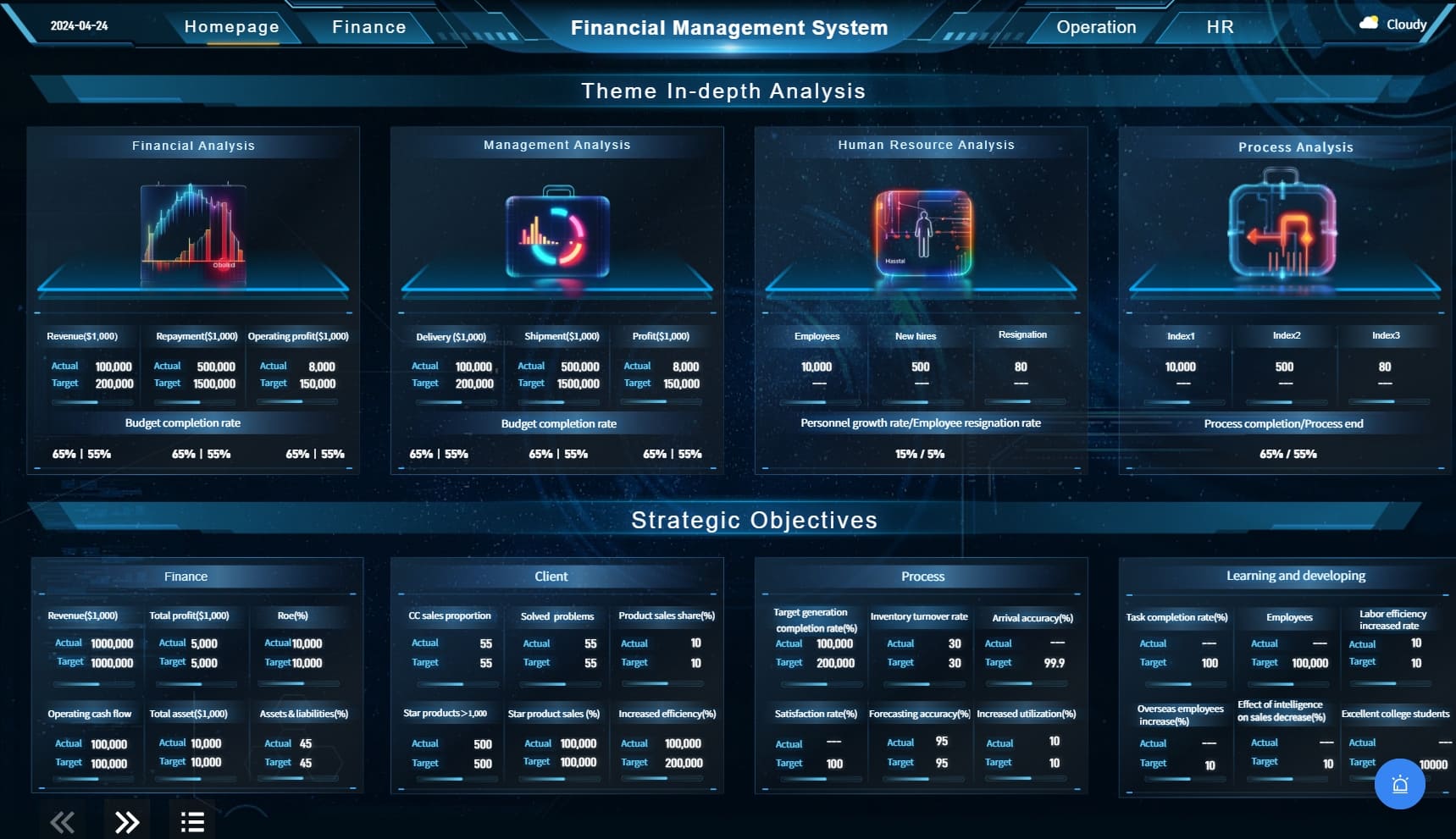

You want your resume to stand out in the crowded market for remote data analyst jobs. Start by tailoring your resume for each application. Use keywords from the job description to help your resume pass through applicant tracking systems. Keep your layout clean and easy to scan. Hiring managers look for clear, action-oriented bullet points that show your impact. Quantify your achievements with numbers, such as “Improved dashboard efficiency by 30% using FineBI.” Place a skills section at the top, listing both technical and soft skills. Indicate your remote work experience in job titles. Mention collaboration tools you know, like FineBI, Zoom, or Slack. If you have gaps or are switching industries, highlight transferable skills and frame your experience positively. Proofread your resume to catch any errors.
A tailored resume can boost your interview callback rate by up to 40% compared to a generic one. The table below shows how much more likely you are to get noticed:
| Resume Type | Interview Callback Rate Increase |
|---|---|
| Tailored Resumes | 40% more requests |
| Demographic Insights | 68% more likely to get callbacks |
| Optimized Resumes | 40% boost in interview rates |
Your LinkedIn profile is often the first thing recruiters see when searching for remote data analyst jobs. Use a professional photo and write a summary that highlights your remote data analyst experience. Add FineBI to your skills and feature a project or dashboard you built with it. List your remote work experience and location to avoid being filtered out by AI systems. Join LinkedIn groups for remote data analyst jobs and connect with professionals in the field. Keep your profile updated and proofread for clarity. Recruiters want to see recent roles, relevant skills, and clear achievements.
Tip: Show off your FineBI dashboards in your LinkedIn portfolio. This helps you stand out in remote data analyst jobs and demonstrates your ability to work with modern BI tools.
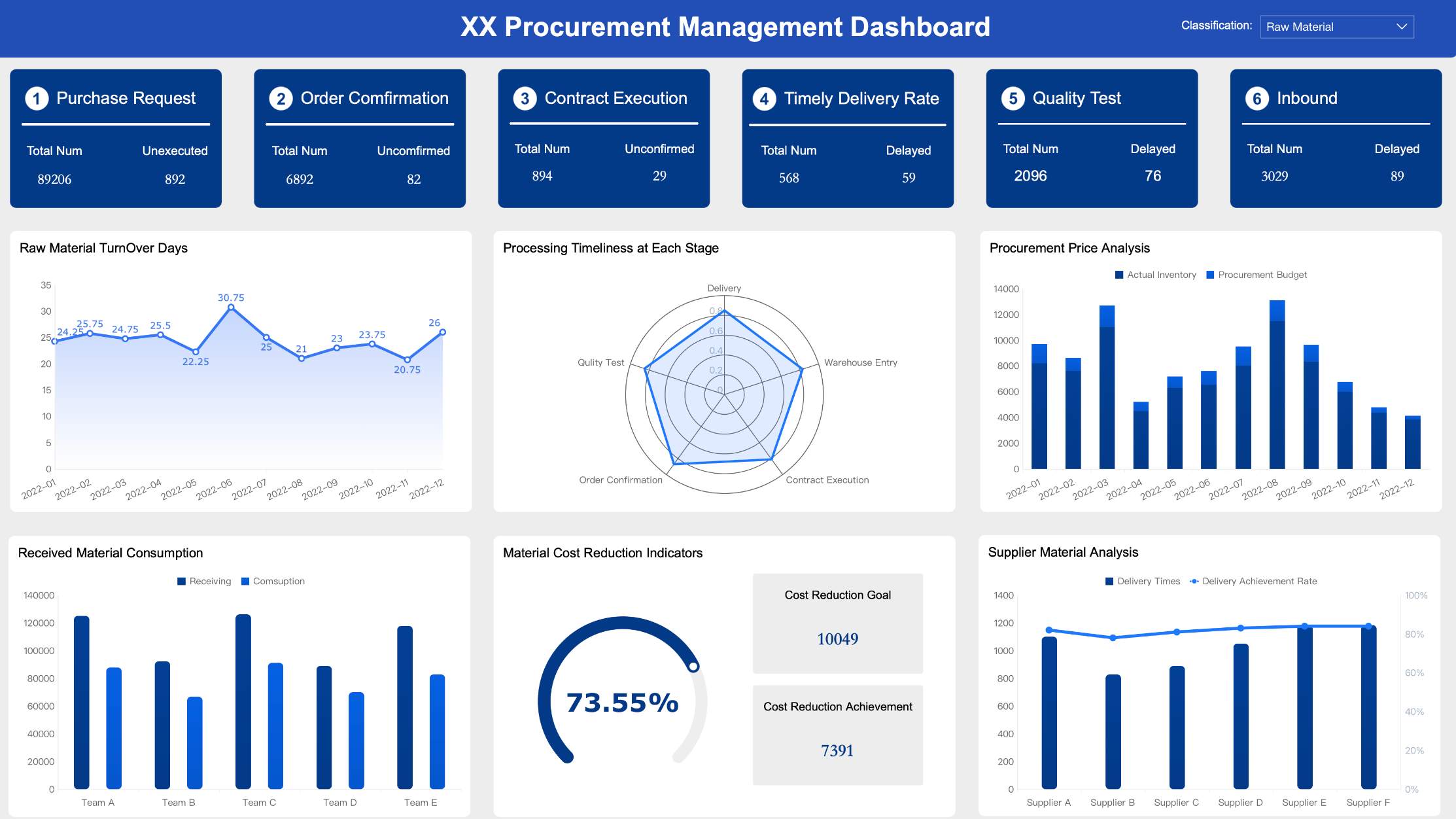
You want to find remote data analyst jobs faster? Start by using the right filters and keywords on job boards. Most platforms let you filter by job type, location, experience level, and even specific tools. Always select "remote" or "work from home" to see only remote data analyst roles. Try keywords like "remote data analyst," "business intelligence," "data visualization," and "dashboard." If you have experience with tools like FineBI , add those to your search. This helps you find jobs that match your skills and interests.
Here’s a quick look at some job boards and their best features for remote data analyst job hunting:
| Job Board | Key Features |
|---|---|
| Outer Join | Exclusively remote positions, easy filters, many employment types |
| Blind | Anonymous forums, company insights, big professional network |
| Starbridge Partners | Executive search, confidential job search, personalized support |
| Underdog | Matching algorithm, mentorship, focus on tech roles |
| Arc.Dev | Remote jobs, freelancer support, rigorous vetting |
| Untapped | Diversity focus, personalized recommendations |
| Ai-Jobs | AI/data science focus, easy filtering, various employment types |
Tip: When you update your portfolio or skills section, include "FineBI" as a keyword. Many employers look for remote data analyst candidates who know modern BI tools.
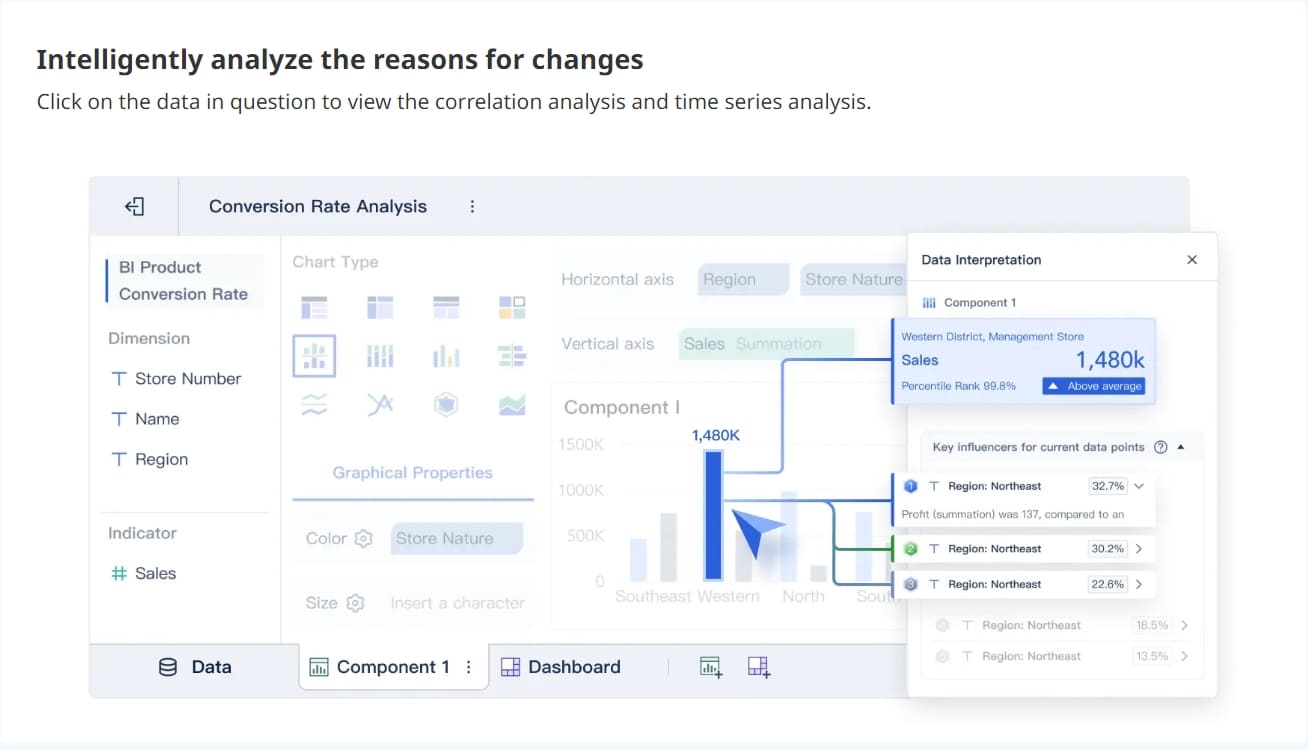
Set up job alerts to save time and never miss new remote data analyst jobs. Most job boards let you create alerts for specific keywords and filters. You get emails or notifications when new jobs match your search. This keeps you ahead of other remote data analyst candidates and helps you apply early. Job alerts make job hunting less stressful and more efficient.
Building your network is one of the fastest ways to discover hidden remote data analyst jobs. You can tap into online communities and connect with professionals who share job leads, advice, and even referrals. Let’s break down how you can make the most of networking during your job hunting journey.
You’ll find a ton of value by joining active online groups focused on data analytics. These communities offer support, resources, and sometimes exclusive job postings for remote data analyst roles. Here are some of the most popular groups you should check out:
You can also join meetups like Data + AI Online Meetup or Dataminds.ai for live events and networking.
Tip: When you introduce yourself, mention your experience with tools like FineBI. Sharing a FineBI dashboard or project can spark conversations and show you’re up-to-date with business intelligence trends.
Reaching out to professionals in the remote data analyst field can open doors to new opportunities. Here’s a simple strategy to get started:
Combining these steps with active participation in online groups will help you build a strong network and increase your chances of landing remote data analyst jobs.
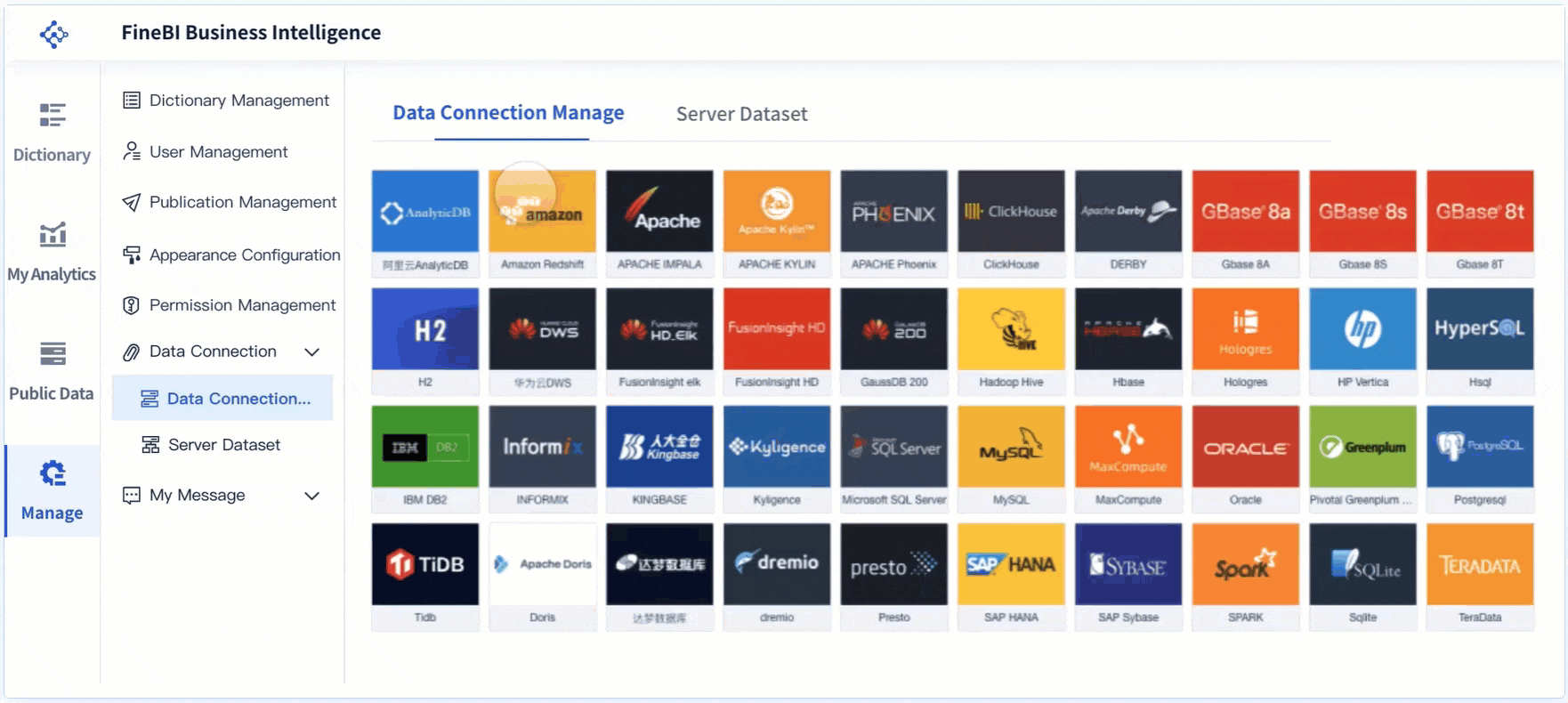
You want to land interviews for remote data analyst jobs without wasting time. The key is to apply efficiently and stay organized. On average, you need to send out about 42 applications to secure a single interview. That number might sound high, but you can make the process easier with a few smart moves.
Here’s a quick table to help you streamline your applications:
| Method | Description |
|---|---|
| Apply Early | Focus on jobs posted in the last 24 hours for better visibility. |
| Use Technology | Try tools like the Simplify Chrome plugin to speed up applications. |
| Define Job Titles | Know exactly which job titles you want to target for a focused approach. |
| Increase Applications | The more you apply, the better your chances of getting interviews. |
When you apply, always mention your experience with FineBI or any certifications you have. This shows you know modern business intelligence tools and helps you stand out from other candidates.
After you apply, don’t just wait and hope for a response. Following up can make a real difference. Some recruiters appreciate a follow-up because it shows you care about the role. Others might be too busy, so keep your message short and polite.
Try these steps to boost your response rate:
A strategic follow-up can help you get noticed and move closer to landing your next remote data analyst job.
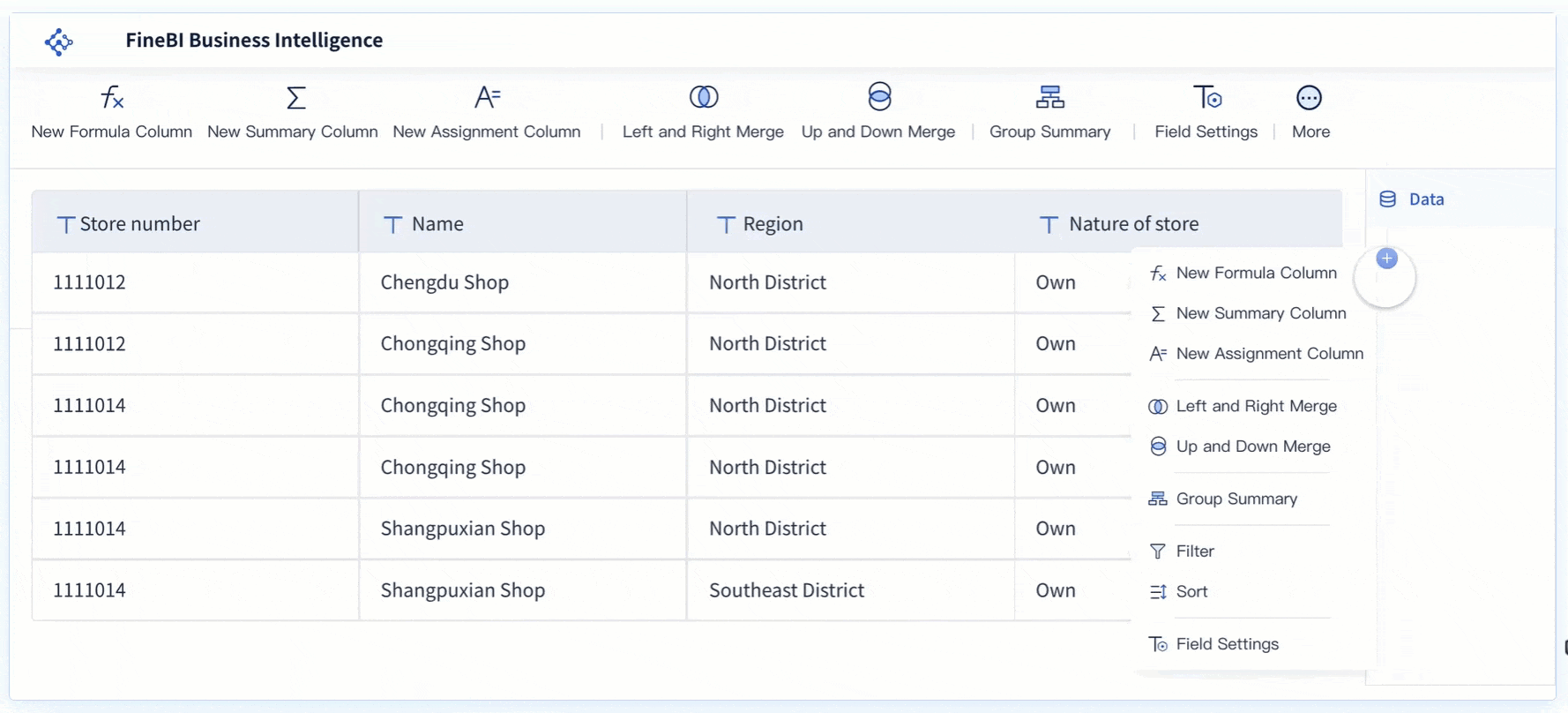

You want to stand out in your remote data analyst interview. Start by showing the skills that matter most for remote work. Interviewers often look for:
Interviewers may ask you to complete a practical work sample. This helps them see how you solve problems and communicate your process. Be ready to share your screen, walk through your analysis, and explain your choices clearly.
You can boost your confidence and performance with a few simple steps:
Remote data analyst interviews often test both your technical and remote work abilities. Show that you can work independently, communicate well, and use modern BI tools. This will help you stand out and land the job.
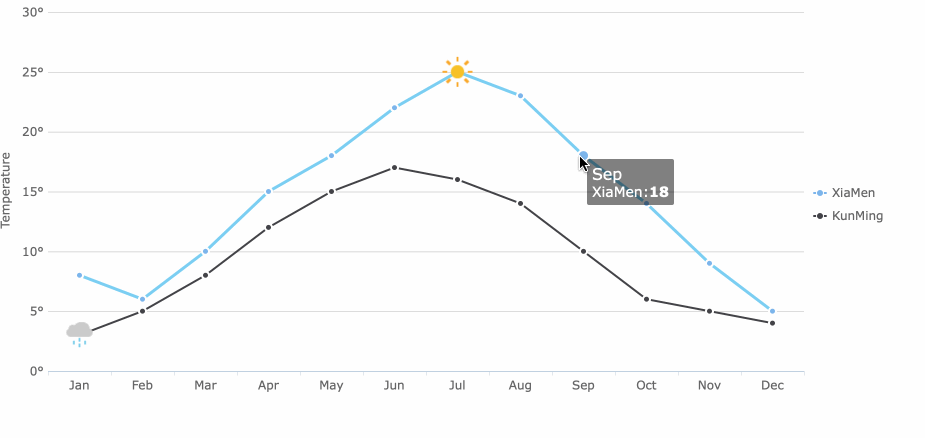
You can land remote data analyst jobs faster by using specialized job boards, optimizing your resume, and networking. Check out this table for top skills:
| Skill | Why It Matters |
|---|---|
| Advanced SQL | Extract data independently |
| Self-Management | Stay productive remotely |
| FineBI Experience | Impress with modern BI dashboards |
Start your search today and let your FineBI projects shine.
Why Care About Data Platforms? Find Out Here!
Understanding Descriptive Analytics: What It Is and How It Works
Step-by-Step Guide to Setting Up a Data Analytics Framework
Write a Killer Visual Analysis Essay in 2025!

The Author
Lewis
Senior Data Analyst at FanRuan
Related Articles

Self-Service Analytics Defined and Why You Need It
Self-service analytics lets you analyze data without IT help, empowering faster, data-driven decisions and boosting agility for your business.
Lewis
Jan 04, 2026
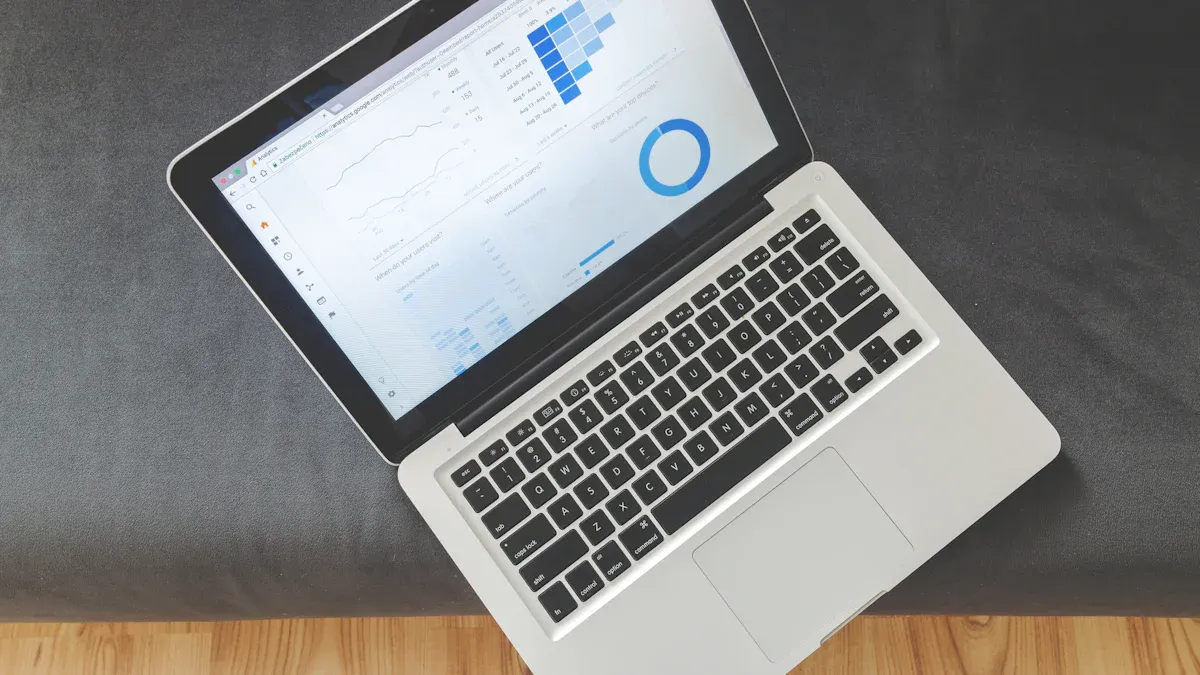
Best Self-Service Tools for Analytics You Should Know
See which self-service tools for analytics let business users access data, build dashboards, and make decisions faster—no IT help needed.
Lewis
Dec 29, 2025

Understanding Predictive Analytics Services in 2026
Predictive analytics services use data and AI to forecast trends, helping businesses make informed decisions, reduce risks, and improve efficiency in 2026.
Lewis
Dec 30, 2025